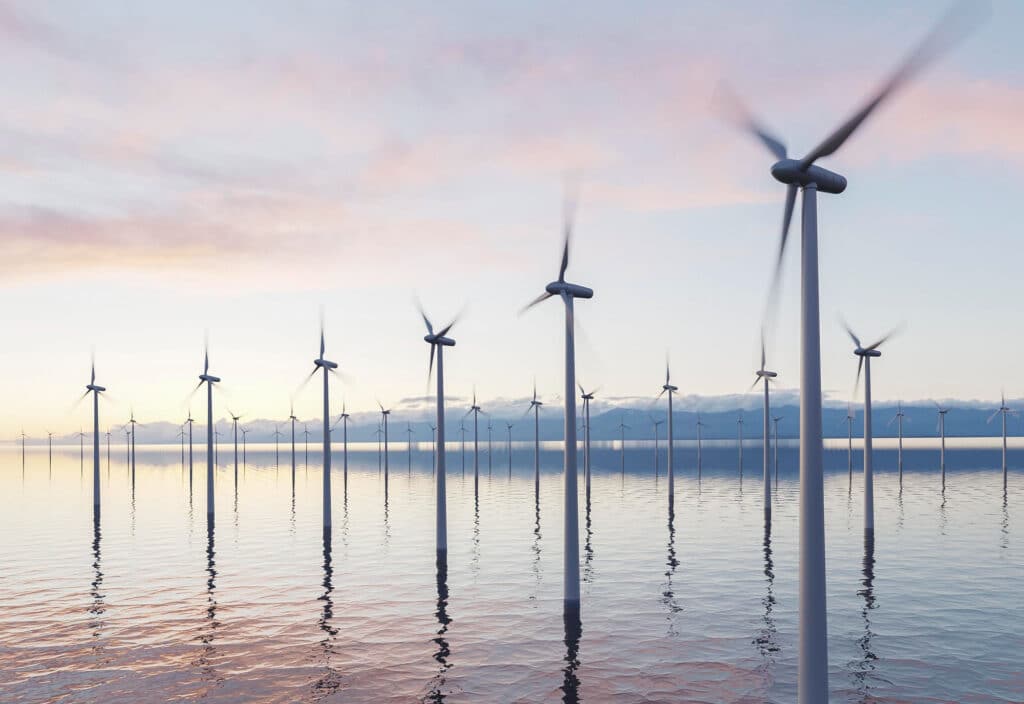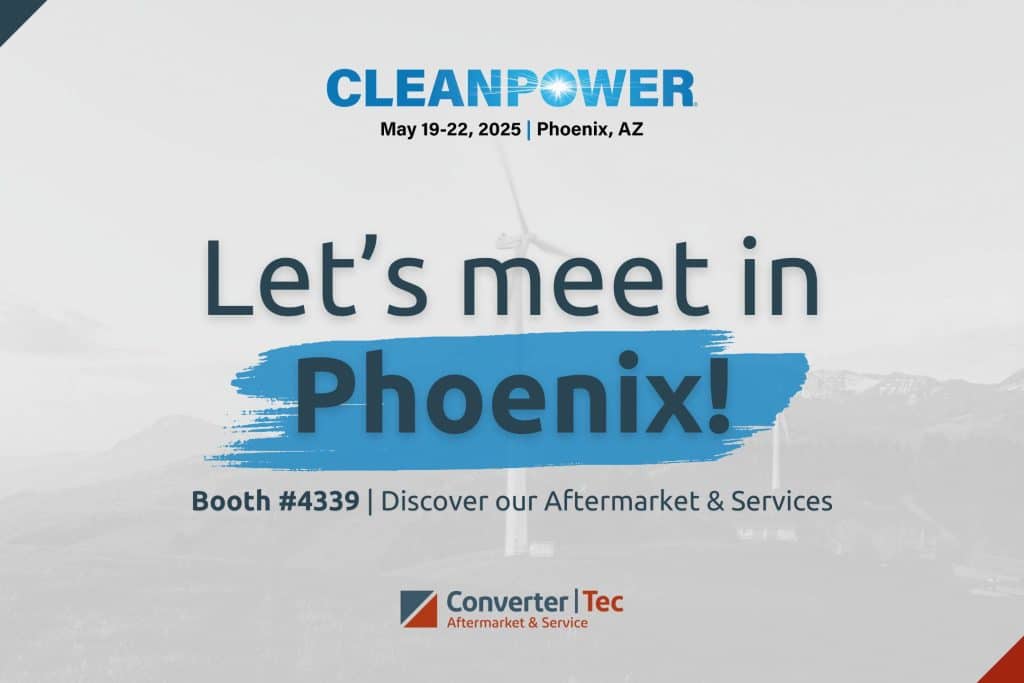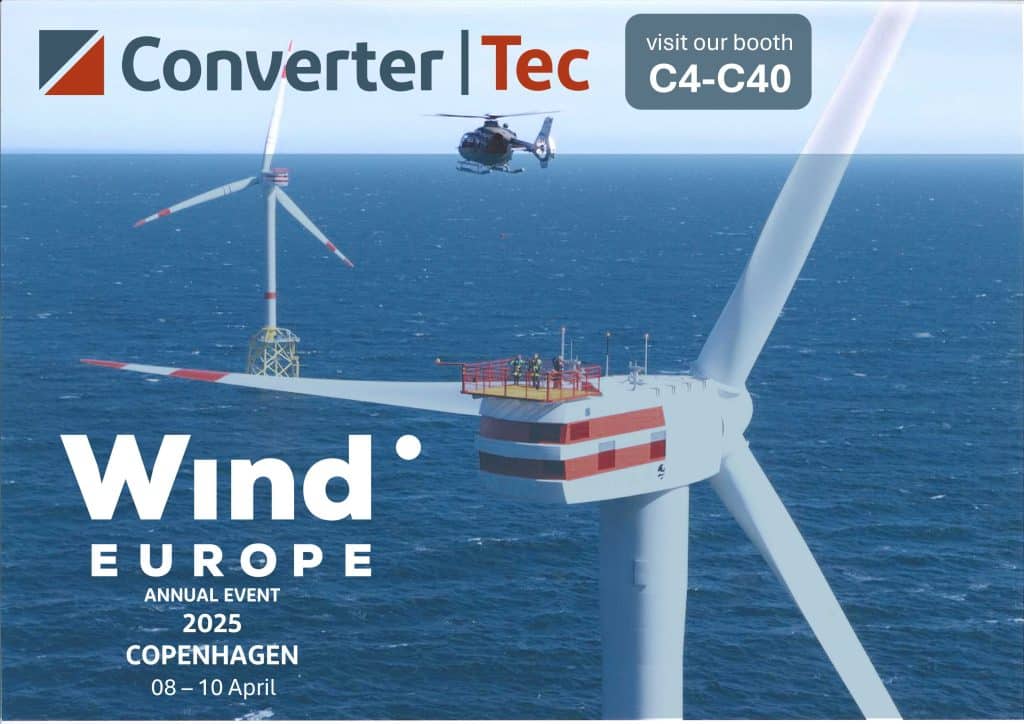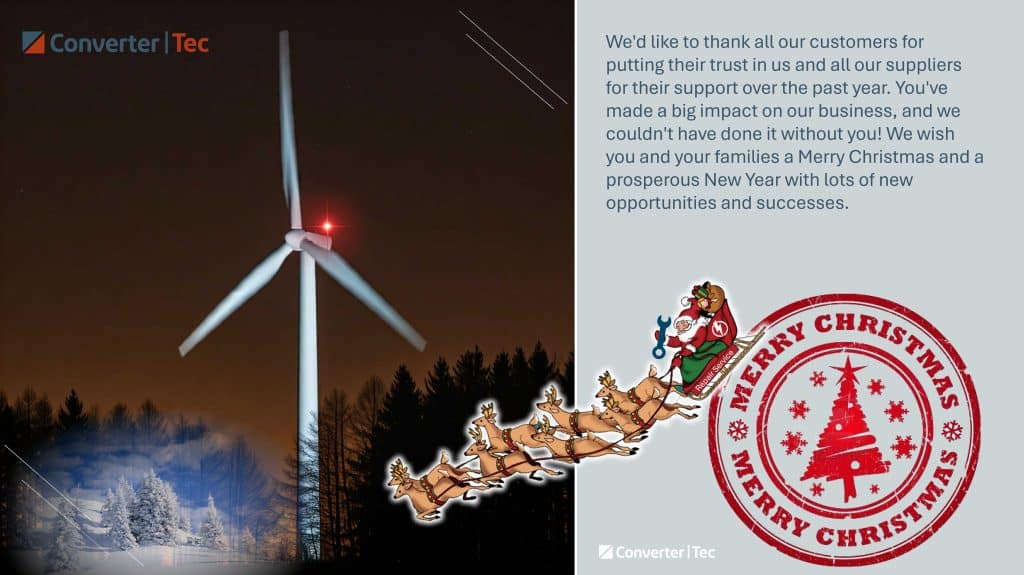Green hydrogen generation and the potential of post-EEG energy producers. A plea for the usage of existing renewable energy generation systems with the aim of decentralized hydrogen production to meet local needs and reduce electricity transports.
The development of the market for renewable energies in Germany goes back to the late 1980s and early 1990s. Flanked by the Electricity Feed Act of December 7, 1990, in which electricity supply companies (EVU) were obliged to purchase electrical energy from renewable sources for the first time. By setting the course, a corresponding market developed, which gained further momentum with the entry into force of the Renewable Energy Sources Act (EEG) in 2000. Due to the size of the early renewable generation capacities, the focus in the following is on wind power. For the time being, photovoltaics or other renewable energy producers are not considered in more detail in this analysis. However, a comparable implementation of the solution concept is basically also conceivable for these renewable energy sources.
This shows that a total output of slightly more than 12 GW was installed in the first five years. In particular, this service is already partially or will be confronted in the coming years with the so-called post-EEG problem for a meaningful further operation of extracted systems.
The period after the increased system remuneration from the EEG has expired is referred to as post-EEG. The EEG has ensured an increased feed-in tariff (above the market price) for renewable energy generation systems for the year of installation and for 20 subsequent years. After 20 years of operation, these systems and the renewable energy they generate run the risk of no longer having an economic basis for continued operation. In principle, installations within geographical priority area regulations can strive for so-called repowering. However, this is not always an alternative due to the higher performance and height of currently available turbines as well as the corresponding approval procedures and regional regulations.
Alternatively, existing wind turbines can also continue to be operated via so-called lifetime extensions (LTEs), but then outside of the EEG and in most cases via so-called Power Purchase Agreements (PPAs). These then offer a contractually stipulated price for the kWh generated, but often only cover costs and without long-term security.
A promising approach to a solution, which at the same time addresses the problem of the economically unclear continued operation of so-called post-EEG systems, as well as the decentralized supply of green hydrogen, is the expansion of renewable energy generators that are being phased out under the EEG by corresponding electrolysers for hydrogen generation. Wind turbines are particularly suitable here, as they were built in comparatively large capacities in the early years (exemplary wind farms: 1998: 6x 0.6 MW + 1x 1 MW or 2001: 4x 1.5 MW13), and unlike photovoltaics, there are none daily dark phase.
Initial studies at ConverterTec Deutschland GmbH have shown that these systems offer an excellent opportunity to generate green hydrogen in the immediate vicinity of the intended consumption. Using the example of a park with a total installed output of 12.5 MW, a 1 MW electrolysis system can already be economically operated today.
In addition to the location-specific framework conditions, the flexibility of the electrolysers also play a decisive role. Due to the volatility with which renewable energy producers provide green electricity and in order to avoid a further expansion of the investment volume in the direction of an additional battery to stabilize the base load supply for hydrogen generation, the operating range of the electrolyser is decisive.
Further information are available here (German) or here (English).



